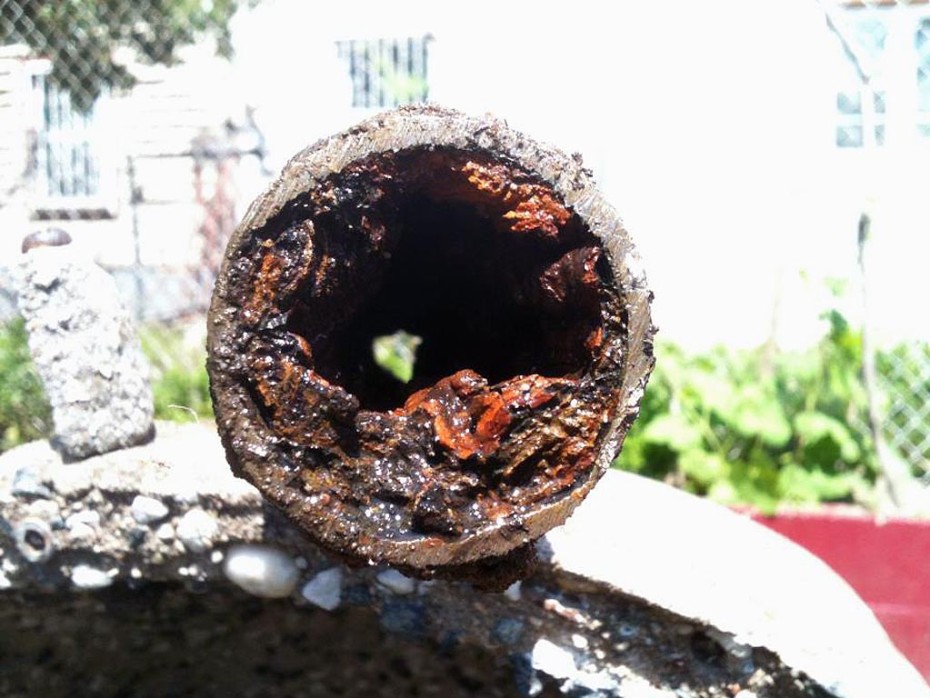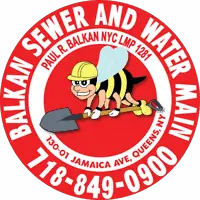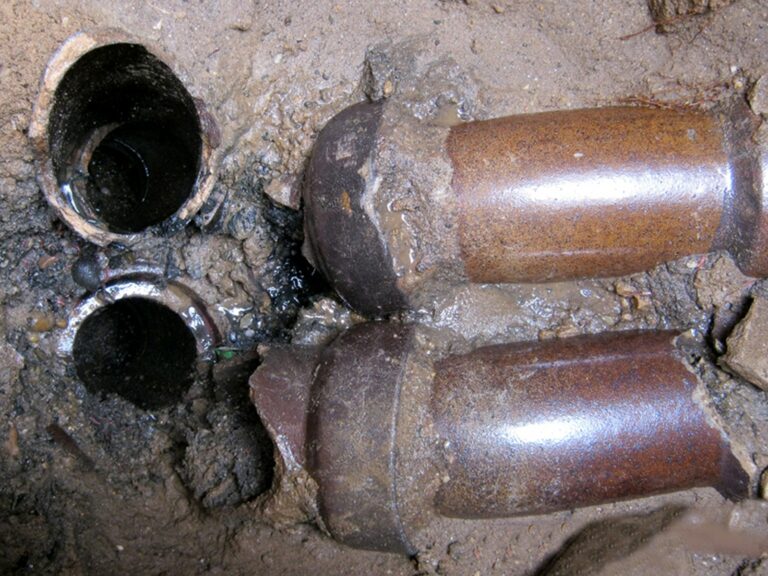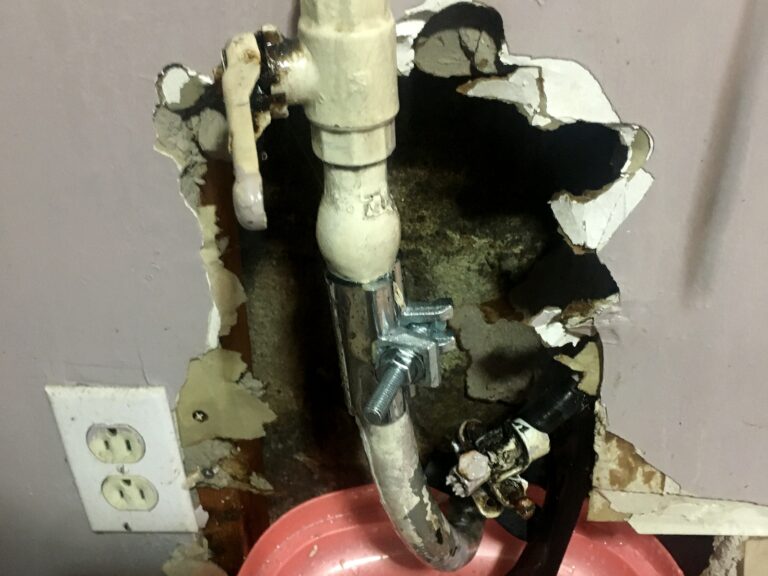In many households, the liquefied fats cooked out of meats are carefully spooned away into a heat-proof container where they can safely solidify and be thrown into the trash. Others, however, simply pour the fat down the drain. Both practices may have been handed down from parent to child, but only one poses a severe threat to the plumbing system. That one, of course, being the option to rinse the fat down the drain. Though quick and easy, solidified fat can have a significant impact on pipes and plumbing. When rinsed away, these fats cool, solidify, and harden onto the insides of piping. Over time, this can cause total blockage of drainage pipes, leading to sewer back-ups, leaks, burst pipes, and more. Making liquefied fats one of the leading sewer line backup causes.

Not only are liquefied fats one of the leading sewer line backup causes, the build up will choke the entire plumbing system. It can also calcify and become very hard. When that happens, it becomes even more costly and time-consuming to repair. In fact, damage associated with the buildup of liquefied fat and flushable wipes totals an astonishing $3.6 million USD a year. Of course, this is a hefty price that homeowners or taxpayers must bear. So, what can you do to prevent damage to your pipe system?
- Do not rinse away cooking oils, poultry, or beef fat down sink drains.
- Do not flush these fats and cooking oils down the toilet.
- Wipe containers and cooking pans coated with solidified fat using a paper towel before washing them in the sink.
By following the proper procedures for disposing of fats (both liquefied and solid) and grease, you can avoid one of the leading sewer line backup causes. If you would like to know more, contact Balkan Sewer And Water Main with any questions or to have us help you with any sewer or drain issues you may be having. Our licensed and insured technicians are standing by to help with your residential or commercial plumbing and sewer system issues.






